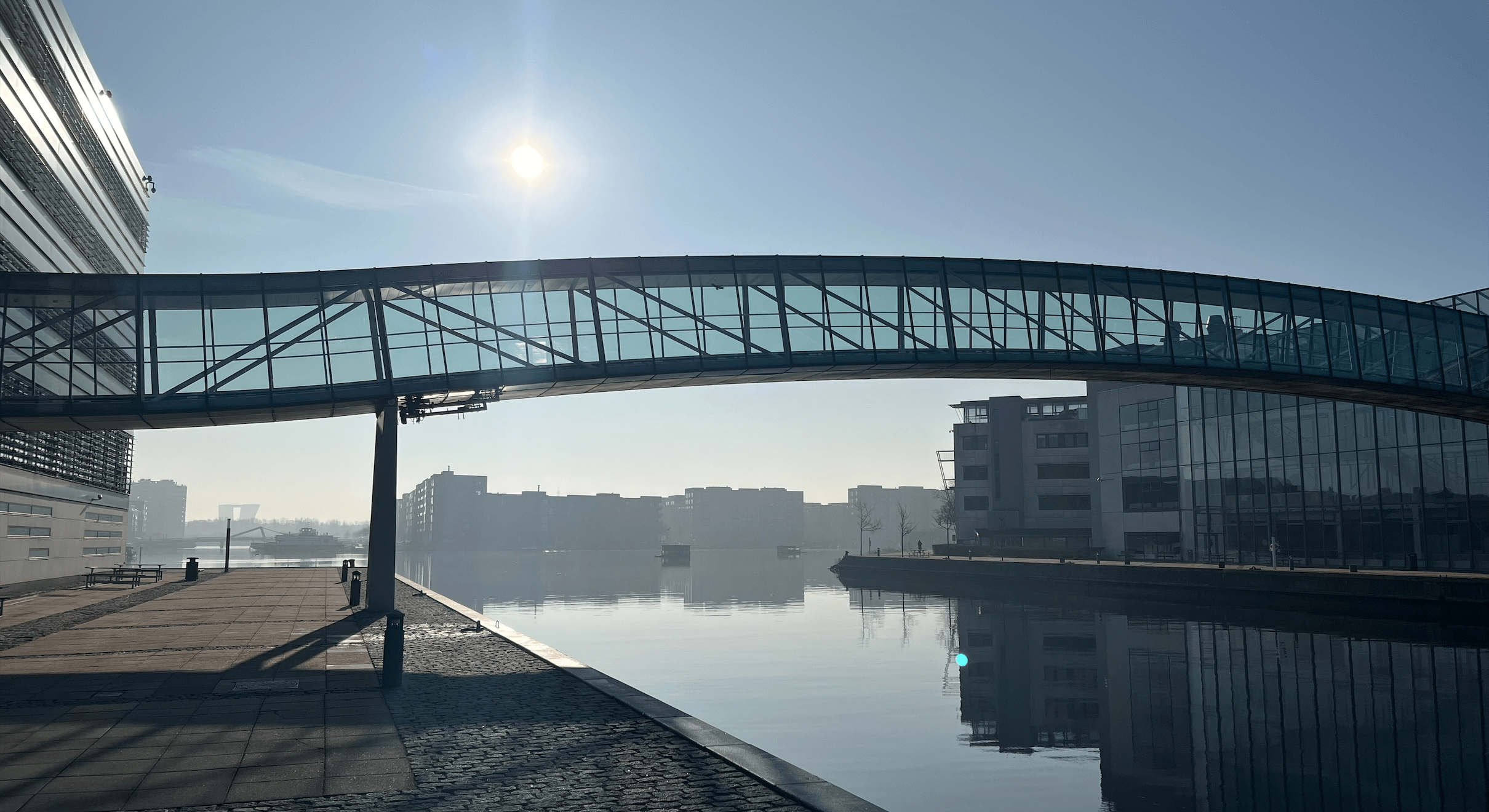Special issue call for papers: Straits, Canals and Choke Points
MOBILE Center of Excellence for Global Mobility Law at the University of Copenhagen invites submissions for interdisciplinary papers for a special issue on the legal and political geographies of maritime choke points. Contributors will meet for a workshop in Copenhagen September 15-16, 2025.

About the call
Maritime choke points—narrow waterways that serve as critical nodes for global trade and national security—currently deserve renewed scholarly attention. To be sure, international law’s relationship to maritime choke points has long revealed the discipline’s deep entanglement with projects of empire, capital, and technological transformation. From the Portuguese-Dutch conflicts in Southeast Asian straits that gave birth to modern international law, to Donald Trump’s contemporary threats on, e.g., Panama, these geographical features have served as crucial sites where sovereignty, mobility, and international legal order converge and conflict. The special issue examines how these geographical features—both natural and artificial—have shaped and have been shaped by international law’s development in historical and contemporary iterations. We also seek to examine how these features currently face acute tensions, as oceans grow warmer, and as geopolitical conflicts increasingly threaten the flow of commerce.
We particularly welcome papers addressing:
- The historical evolution of legal regimes governing maritime choke points, from classical doctrines to contemporary frameworks like UNCLOS, with attention to how these changes reflect broader transformations in international legal order.
- The intersection of security and sovereignty in critical maritime spaces, particularly the governance of international sea lanes, submarine infrastructure and data flows.
- Labour regimes and mobility governance in and around critical maritime infrastructure, examining both historical patterns of labour recruitment and contemporary challenges of maritime work.
- Environmental transformation and legal adaptation, including how climate change affects the material and legal infrastructure of maritime mobility.
- The interaction between artificial and natural choke points in international legal imagination and practice.
The classical law of the sea emerged through encounters at critical maritime junctures. Grotius’s articulation of mare liberum following the seizure of a Portuguese vessel in the Strait of Malacca marked the emergence of a new legal-economic order predicated on Dutch naval power. The subsequent tension between mare liberum and mare clausum played out dramatically in straits, where the free seas met territorial claims. This dialectic continues to structure contemporary legal debates, from disputes over transit passage rights, infringements on the freedom of navigation to questions of environmental protection.
The construction of artificial canals in the 19th and early 20th centuries marked a new phase in the relationship between international law and maritime geography. The Suez and Panama Canals embodied the marriage of imperial ambition with technological capability, while generating novel legal forms to govern these new spaces of mobility. The Panama Canal’s construction relied on complex extraterritorial labour arrangements that brought workers from the Caribbean, Asia, and Europe into a stratified legal regime that prefigured later developments in the law of global labour mobility. Today, these artificial waterways face unprecedented challenges from climate change, with rising sea levels and extreme weather threatening their operation. Often, their surrounding regions have become focal points for security concerns—from Houthi attacks in the Red Sea to attacks on submarine critical infrastructure in the Taiwan Strait and Baltic Sea.
The special issue seeks papers examining how historical developments inform our understanding of contemporary law in the transnational environment. How does the classical law of the sea adapt to new technologies of surveillance and control? What are the implications of submarine data cables, often following historical maritime choke points, for our understanding of maritime space and security? How do environmental changes affect legal regimes premised on static geographical features? And how do these vital waterways figure in broader contests over global order and power?
We invite contributions from scholars in fields such as law, history, geography and anthropology. Papers should engage theoretical frameworks and/or concrete cases.
Participants will be invited to contribute to a special issue in a major peer-reviewed legal journal. Initial drafts of 4,000-8,000 words will serve as the basis for discussion at the conference, with the expectation that papers will be developed into full-length articles through collaborative dialogue among participants.
Key dates and information
Submission Guidelines: Please submit an abstract (500 words maximum) and a brief biography (200 words), to the organizers by 1 June, 2025. Selected participants will be notified by 1 July, 2025. Draft papers will be due 15 August, 2025.
We especially encourage submissions from early career scholars and scholars from the Global South.
Organizers
- Itamar Mann, University of Haifa and Permanent Visiting Professor at MOBILE (Center of Excellence for Global Mobility Law), University of Copenhagen
- Jessica Larsen, Senior Researcher at the Danish Institute for International Studies, affiliate MOBILE (Center of Excellence for Global Mobility Law), University of Copenhagen
For questions, please contact: Itamar Mann and Jessica Larsen.
The workshop is supported by MOBILE (Center of Excellence for Global Mobility Law), established in 2023 through a grant from the Danish National Research Foundation.
